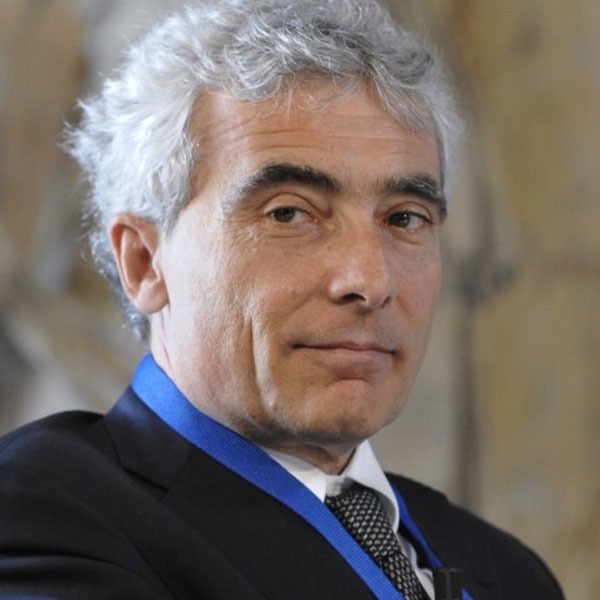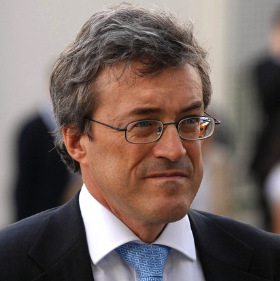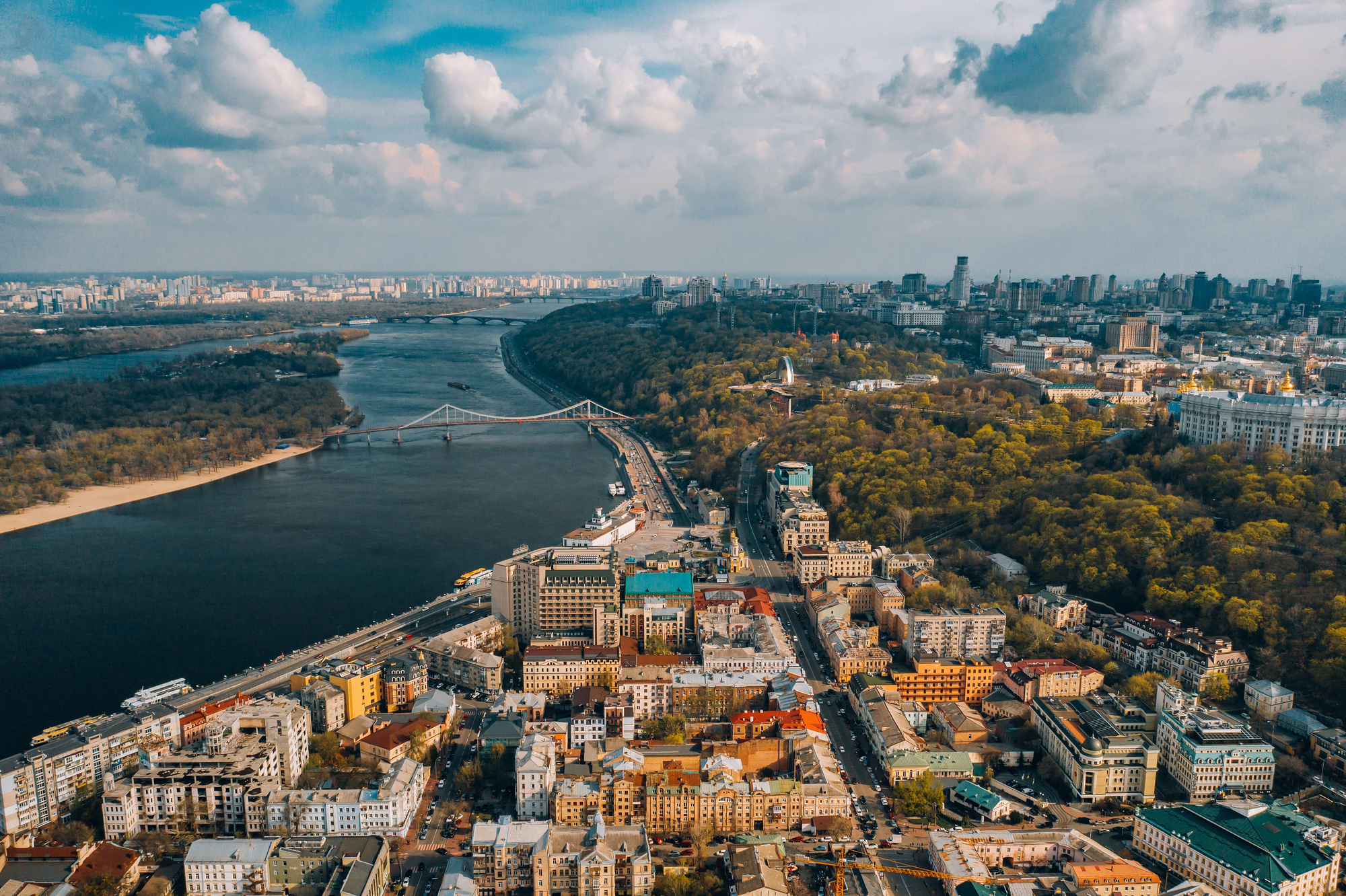A year after the Russian invasion, there is a certain weariness in Western public opinion on aid to Ukraine. The share of US voters who believe their country is providing too much aid to Ukraine has quadrupled since the war began, according to the Pew Research Center. A sizable chunk of the Republican Party is riding this weariness. Steve Bannon incites audiences to cry “do you want to die for Ukraine?”.
In Europe, although closer to the front, the situation is not much different. According to the Project Europe Research of Századvég, only in nine out of 27 countries in the European Union are a majority of citizens in favour of supporting Ukraine’s war effort. Italy is among the most opposed countries. Part of the problem is that there has been a lot of misinformation about the actual costs of economic and military support to Ukraine to date. According to recurring arguments also in generally reliable newspapers, Europe has so far spent more than the United States and the sanctions on Russia have caused a 2.5% drop in EU GDP. These are misleading claims.
The Kiel Institute’s Ukrainian Support Tracker collects data on 40 governments and the European Union as an institution, broken down by type of aid: military, humanitarian and financial (soft loans). For these items, the EU countries have pledged (bilaterally or indirectly through the European Union and the European Investment Bank) €54 billion, of which €35 billion is loans. This is far less than the €73 billion committed by the United States. Only by adding the €26 billion in costs for refugees (estimated very roughly and borne largely by Germany and Poland) do the EU countries come to equal the commitments made by the United States. The entire European Union has allocated a tenth of the amount paid to Ukraine for measures aimed at families and businesses affected by high energy prices.
These are the commitments; the actual disbursements are another matter. Only €15 billion out of €35 billion in loan commitments (the figure is not available for humanitarian and military aid) has so far actually been given by EU countries. But at the moment the most pressing problem for Ukraine is probably not financial aid, but military aid – ‘primum vivere’.
The problem is that since its foundation, the European Union has not been able to provide funds to buy lethal weapons, only individual member countries can do so. Recently, however, the EU ‘foreign minister’ managed to convince member countries to use €3.1 billion of the €5.7 billion allocated to the European Peace Fund (perhaps not exactly the right name at this point) to finance the purchase of lethal weapons for Ukraine. With these funds, for example, 327 tanks will be paid for. EU countries have therefore so far allocated a total of €15 billion for military aid. We now want to allow the European Union to disburse funds directly for lethal weapons, without having to go through the small European Peace Fund (recall that some EU members, such as Austria, are constitutionally neutral). In any case, the big question is how to convert this money into weapons and ammunition on the ground, given that European (and even American) war industries are not prepared to produce at the pace dictated by war, and stocks are almost depleted.
Aid to Ukraine has so far been limited also in relation to previous conflicts. For example, Germany (the main European donor) has given Ukraine 30% of what it spent on the 1990- 91 Gulf War, compared with 37% for the United States, which was also more directly involved in that war.
Italy is in penultimate position in the European Union in terms of bilateral allocations in relation to GDP, including costs for refugees (0.10%, ahead only of Ireland, one third of Germany’s allocation and one twentieth that of Poland). In all, Italy’s bilateral commitments total about €2 billion, less than one 60th of the building bonuses, half of which is costs for refugees and €660 million of which is intended for military aid. It is little wonder that Zelenski had a private conversation with Scholz but not with Meloni; from Ukraine’s point of view, Italy is not a significant source of aid (and neither was the previous Italian government).
The decree passed at the beginning of March by the government provides only €300 per month for each adult refugee and €150 for each minor, and this is limited to the first three months of arrival in Italy and to those who are not hosted in centres for refugees. The service required for the reception of families in these centres does not include any activities aimed at facilitating the inclusion of children in schools or mobility towards the workplace. Unfortunately, the Italian government, unlike other EU governments, does not provide data on the integration of refugees into the labour market. The refugees’ stories are alarming: women picking cherries at €6 euros an hour, confinement in areas far from any job, expiring permits that don’t allow you to work or rent a flat on a regular basis. At a time when the need to attract more immigrants to Italy is finally being recognised in order to meet the needs of families and businesses, it is also important to understand that in welcoming more immigrants, their integration must be organised.
Italy should do more for the Ukraine. It is an investment in Europe’s security and in the reconstruction of Ukraine, as refugees will be natural connections to their country of origin in the postwar period.
#helpUkraine_helptheWorld
This publication is a part of a collection of essays initiated by the National Bank of Ukraine. Famous economists, political scientists and historians, experts recognized in the world, volunteered to share their thoughts and arguments on why helping Ukraine is helping the world. The complete book of essays can be found via the link.
Attention
The authors do not work for, consult to, own shares in or receive funding from any company or organization that would benefit from this article, and have no relevant affiliations




